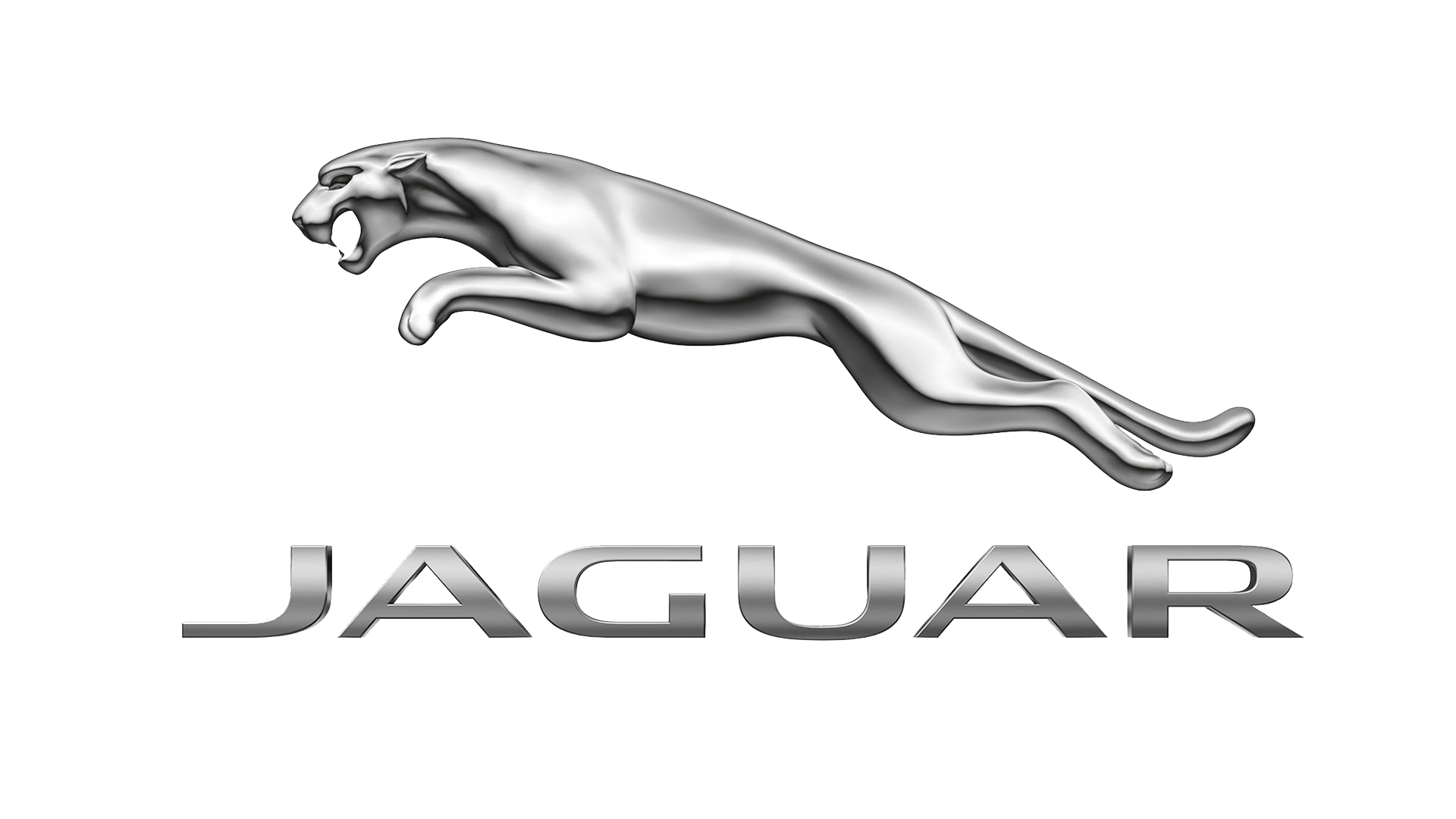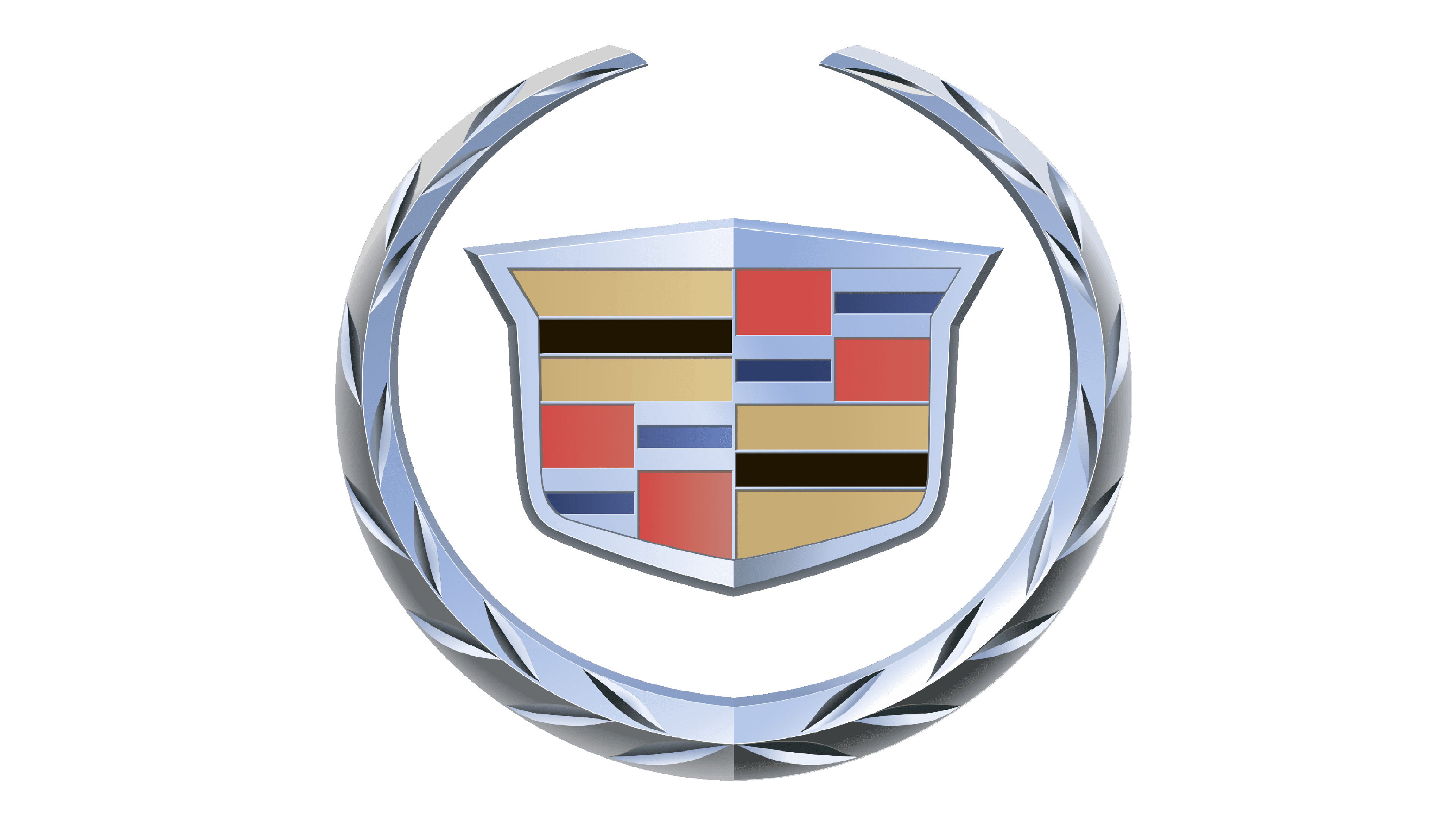Are you dreaming about your first car? European cars bring style and excitement. Japanese cars offer reliability and savings. Which one fits your lifestyle in New Zealand?
This guide breaks down everything you need to know. We compare costs, performance, and real-world experiences. Perfect for young Kiwis planning their first car purchase.
Core Philosophies: Precision vs Practicality
European Cars: Built for the Drive
European manufacturers focus on the driving experience. They engineer cars for performance and luxury. Think BMW, Mercedes, and Volkswagen.
These cars feature powerful engines. They handle corners like race cars. The interiors feel premium with leather and advanced tech.
Japanese Cars: Built for Life
Japanese brands prioritize everyday use. Toyota, Honda, and Mazda lead the pack. They build cars that last forever.
These vehicles save you money on fuel. They rarely break down. Parts are cheap and easy to find. Check out the most reliable Japanese car brands to learn more.
Pros and Cons for NZ Drivers
European Cars
Pros:
- Amazing driving feel
- Head-turning designs
- Latest safety tech
- Customization options
Cons:
- High purchase prices
- Expensive repairs
- Hard-to-find parts
- Complex electronics
Japanese Cars
Pros:
- Super reliable
- Cheap to run
- Great resale value
- Every mechanic knows them
- Huge Japanese second-hand cars market
Cons:
- Less exciting to drive
- Conservative styling
- Basic interiors
- Import issues (Japanese language displays)
Design and Innovation
European Style
European cars look stunning. They use bold lines and premium materials. Mercedes adds wood trim. BMW focuses on driver-centered cockpits.
These brands pioneer new technology. They introduced adaptive cruise control first. Their engines produce impressive power figures.
Japanese Function
Japanese designers think practical. Everything has a purpose. Controls are easy to reach. Storage spaces are everywhere.
Japan leads in hybrid technology. They perfect existing features rather than chase trends. Compare Honda Vezel to see smart design in action.
The Driving Experience
Behind the Wheel: European
European cars feel alive. The steering talks to you. You feel every road texture. Acceleration pushes you into your seat.
These cars love twisty roads. They handle mountain driving brilliantly. Highway cruising feels effortless.
Behind the Wheel: Japanese
Japanese cars prioritize comfort. The ride feels smooth. Road noise stays outside. Everything works without fuss.
They excel at daily tasks. School runs become easy. Long trips stay comfortable. Perfect for New Zealand family life.
Reliability and Maintenance in NZ
European Maintenance Reality
Modern European cars improved reliability. But they still cost more to maintain. Specialized mechanics charge premium rates.
Parts take longer to arrive. Oil changes cost double. Electronic issues need expensive diagnostic tools.
Japanese Maintenance Advantage
Japanese cars dominate reliability surveys. They run for decades with basic care. Any mechanic can fix them cheaply.
Parts arrive quickly from suppliers. Service costs stay reasonable. Learn about common problems after engine replacement to maintain any car better.
European vs Japanese Cars NZ: Key Factors
| Feature | European Cars | Japanese Cars |
|---|---|---|
| Purchase Price | High ($30,000+) | Affordable ($10,000-25,000) |
| Maintenance Cost | Expensive | Budget-friendly |
| Reliability | Good (modern models) | Excellent |
| Fuel Economy | Average (6-9L/100km) | Great (4-7L/100km) |
| Parts in NZ | Limited, expensive | Widely available, cheap |
| Resale Value | Drops quickly | Stays strong |
| Driving Feel | Exciting, sporty | Comfortable, smooth |
| Design Style | Bold, luxurious | Practical, clean |
| Technology | Cutting-edge | User-friendly |
| Insurance Cost | Higher premiums | Lower premiums |
| Mechanic Options | Specialists needed | Any garage works |
| Best For | Enthusiasts, style lovers | First-time buyers, families |
| Popular Brands | BMW, Mercedes, VW, Audi | Toyota, Honda, Mazda, Nissan |
| Typical Issues | Electronics, sensors | Minimal problems |
| Service Intervals | Longer but costly | Regular but cheap |
Budget Considerations
Calculate total ownership costs. European cars cost more upfront. Japanese cars save money long-term.
Factor in insurance rates. European cars often cost more to insure. Japanese models get cheaper premiums.
Lifestyle Match
Think about your daily needs. City driving suits small Japanese mini cars. Weekend adventures need reliable transport.
Consider parking spaces. European cars often run larger. Japanese compact cars fit anywhere.
Parts and Service Access
Check local mechanic options. Most shops handle Japanese brands easily. European specialists charge more.
Research parts availability. Popular models like Toyota Vitz have endless parts supply.
Import Policy Impact
New Zealand loves imported cars. Japanese imports dominate the market. Understanding how much cars cost in Japan helps budget planning.
Import rules favor newer vehicles. Safety standards keep improving. Check compliance before buying imports.
Japanese imports often need modifications. Radio frequencies differ. Speedometers might show kilometers only.
European imports face stricter rules. Left-hand drive conversions cost thousands. UK imports work better for Kiwis.
Making Your Choice: European vs Japanese Cars NZ
Both car types offer unique benefits. European vs Japanese cars NZ depends on your priorities. Young drivers often start with Japanese reliability.
Test drive multiple options. Visit Next-Drive for import options. Research specific models thoroughly.
Consider these final points:
- Budget for total ownership
- Match car to lifestyle
- Think about resale value
- Choose based on local support
Popular Models for Young Kiwi Drivers
| Category | European Option | Japanese Option | Price Range (Used) |
|---|---|---|---|
| Small Hatch | VW Golf | Honda Civic | $8,000-15,000 |
| First Car | VW Polo | Toyota Corolla | $5,000-12,000 |
| Sporty Choice | BMW 3 Series | Mazda MX-5 | $10,000-20,000 |
| Small SUV | VW Tiguan | Honda HR-V | $15,000-25,000 |
| Practical Sedan | Audi A3 | Toyota Camry | $12,000-18,000 |
| Fun Compact | Mini Cooper | Suzuki Swift | $8,000-15,000 |
| Reliable Wagon | BMW 3 Series Touring | Subaru Legacy | $10,000-18,000 |
Best First Car Picks
Budget Under $10,000:
- Japanese Winner: Toyota Corolla or Honda Civic
- European Winner: Older VW Golf (check service history)
Budget $10,000-15,000:
- Japanese Winner: Mazda3 or Honda Jazz
- European Winner: VW Polo or Mini Cooper
Budget $15,000+:
- Japanese Winner: Recent Honda Civic or Mazda CX-3
- European Winner: VW Golf or BMW 1 Series
Brand Comparisons Worth Reading
Understanding brand differences helps narrow choices. Compare Mazda vs Toyota for reliability focus. Check Mazda vs Honda for sporty options.
Asian manufacturers offer variety. Explore all car brands in Asia for alternatives. Compare Hyundai vs Honda for value options.
Some buyers consider Mitsubishi vs Toyota for SUV choices. Understanding 4L vs 4H helps with 4WD selection.
Frequently Asked Questions
Do European cars always cost more to fix?
Usually yes. European cars need special tools. Parts ship from far away. But proper maintenance prevents big problems.
Why do Japanese cars hold value?
Reliability builds trust. Buyers know they last. Popular models like Toyota Rush stay valuable.
What problems do Japanese imports have?
Language displays confuse drivers. Snow tires need replacing. Service histories stay in Japan. Choose from top Japanese used car exporters for better documentation.
Are European cars getting more reliable?
Yes, quality improved dramatically. Modern BMWs match older Japanese reliability. But repair costs remain higher.
Where can I find European car parts?
Major cities stock common parts. Rare parts need importing. Japanese parts like those for Toyota Caldina appear everywhere.
Which type saves more fuel?
Japanese hybrids lead efficiency. European diesels follow closely. Small turbocharged engines compete well. Compare Toyota vs Honda fuel economy.
Conclusion
Choosing between European and Japanese cars shapes your driving future. European cars deliver excitement and prestige. Japanese cars provide reliability and value.
New Zealand roads suit both types well. Your personal needs determine the best choice. Research thoroughly before deciding.
Start your car journey informed. Both paths lead to great experiences. The perfect car waits for you.





























